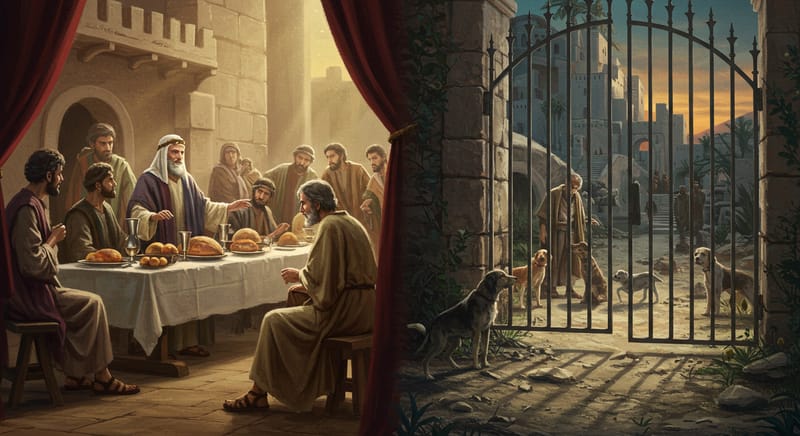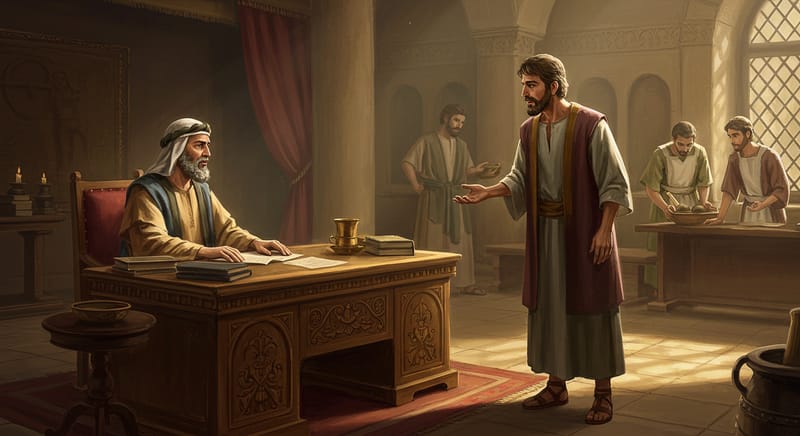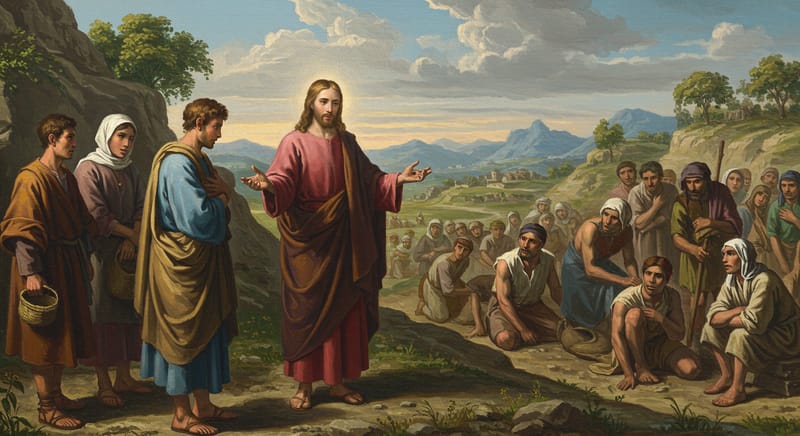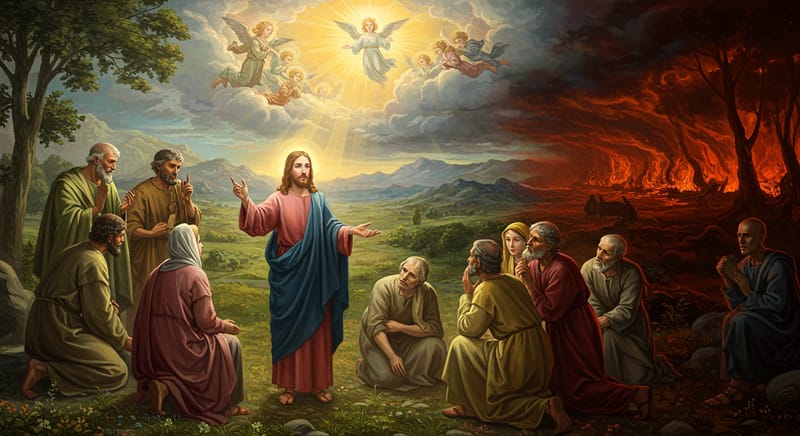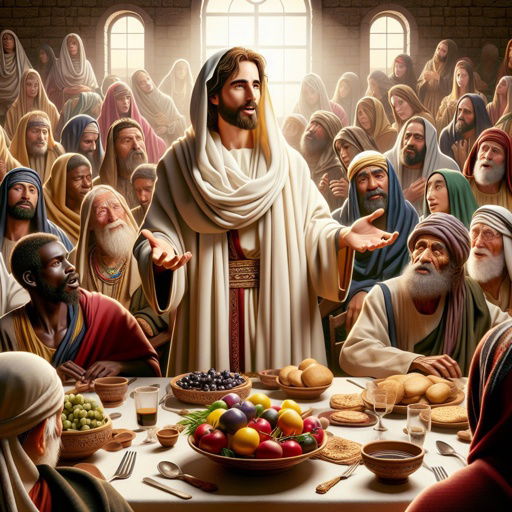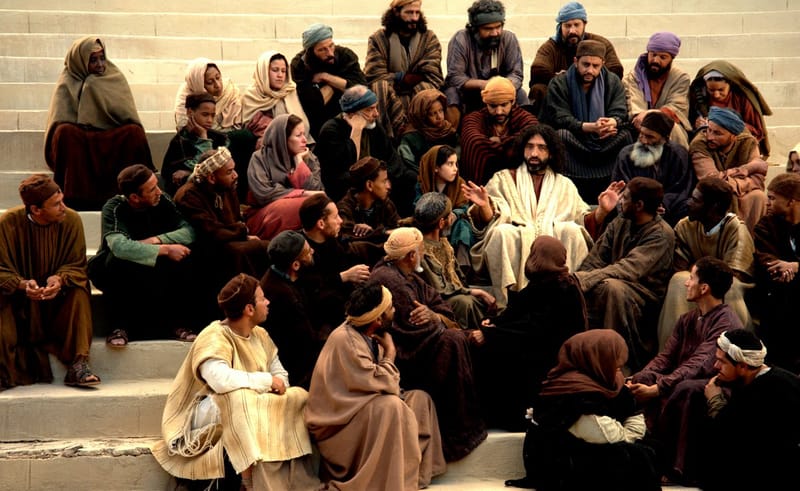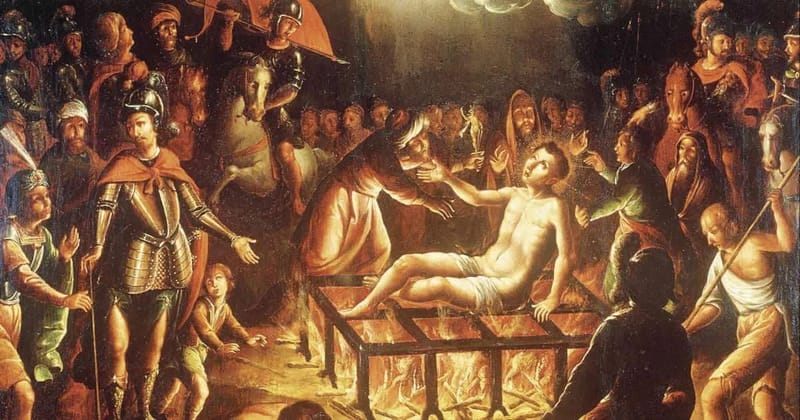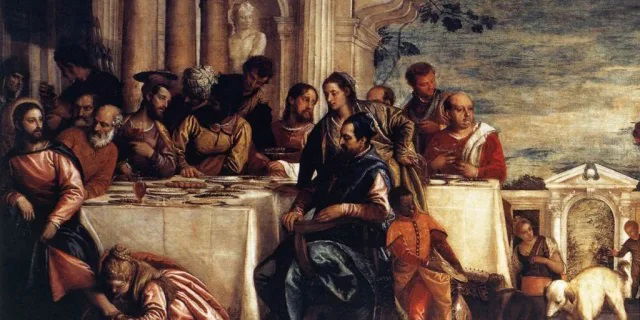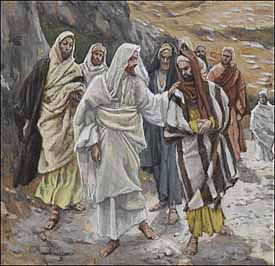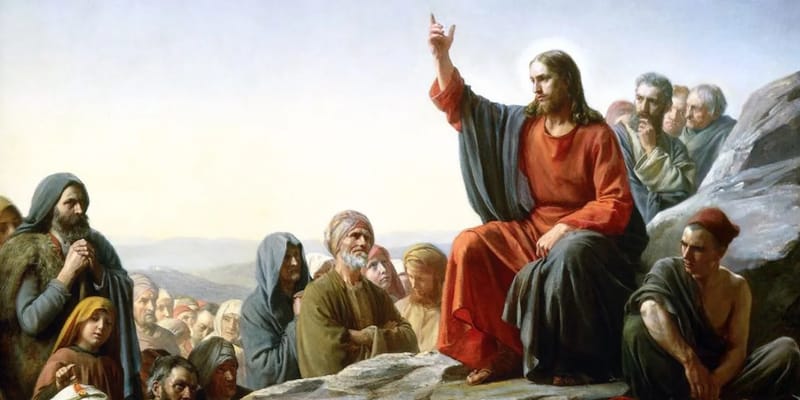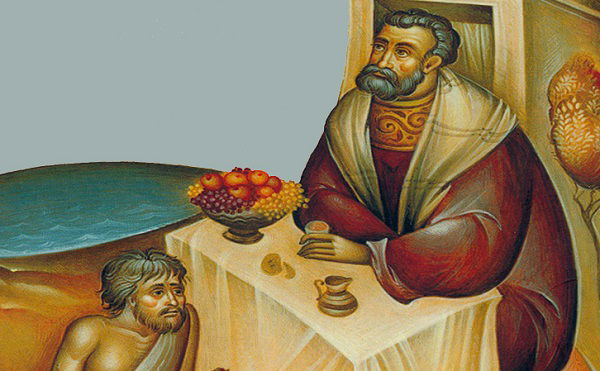DAILY HOMILIES #poor
The sin of the rich man in today’s Gospel passage is not in how he made his money but in his indifference to the poor and suffering. The rich man had enough money to host parties daily and feast sumptuously, but he couldn’t help Lazarus. Lazarus was attracted to his gate in the hope of feeding on the crumbs that fell from the rich man’s table, but sadly, no one gave him anything. One great man once said, “Evil triumphs in the world not because there are bad people but because the good people don’t care.” Indifference is a sin.
Read MoreJesus is teaching us first to think carefully like this steward of what shall become of us after our death (when we are relieved of our stewardship) and secondly, to use “what does not belong to us now” to be charitable to others so that, like this steward, we would be welcomed into Paradise.
Read MoreLike the Israelites we read about in our First Reading, we become idol worshippers when we seek security in our possessions. To the young rich man who wanted to know how to possess eternal life, Jesus said: “If you want to be perfect, go and sell what you possess and give to the poor.”
Read MoreIf we are to understand hell as the place of the unfaithful, it follows that there is a place other than heaven and hell where souls go to receive either a severe or a light beating. This place is what the church calls purgatory. As the Catechism puts it: “Purgatory is the final purification of the elect, which is entirely different from the punishment of the damned.” (CCC 1030-1031) This purification is done to achieve the holiness necessary to enter the joy of heaven.
Read MoreMy brothers and sisters, have you written your will? If God were to demand your soul this very night, would He call you a fool or a wise person? According to St. Ambrose, “The things that we cannot carry with us are not our own. Virtue alone is the companion of the dead. Mercy alone follows us—and mercy alone gains abodes for the departed.”
Read MoreWhy is it difficult to invite poor people to our celebrations? Why is it difficult to give a helping hand to people who may never help us in the future? Christianity is not about living a normal life; it is about being a “super-human” - helping people who cannot or will not help you when you need them.
Read More“If you close your ear to the cry of the poor, you will cry out and not be heard.” (Proverbs 21:13). This is a stark reminder of the consequences of indifference. It echoes the Golden Rule: “So whatever you wish that men would do to you, do so to them; for this is the law and the prophets.” (Matthew 7:12). No one has it all; no one is absolutely rich. We are all poor in one way or another. This is why we need each other.
Read MoreSt. Lawrence did not simply give to the poor; his giving was at the risk of his own life. Jesus says that unless a grain of wheat falls and dies, it remains alone, but after it dies, it bears much fruit. It is always painful whenever we make sacrifices for God’s sake, but we must remember that our pain, like the death of the seed buried under the ground, will yield a great harvest.
Read MoreThe irony is that while Matthew willingly embraced a new life with Christ, many who openly condemned him remained in their old lives. Jesus said: “I have not come to call the righteous but sinners.” Am I the kind of ‘righteous’ person Jesus was referring to? Do I recognise (or admit) that I need a physician? If I consider myself perfect, I indirectly say I don’t need Jesus. Pride goes before a fall.
Read MoreUnlike the rich young man who walked away sad, the true disciple seeks God first and relies on God for security. In today’s first reading, Saint Peter himself describes the true disciple as one who is committed to personal holiness, one who is not conformed to the passions of his former ignorance.
Read MoreSt. James tells us it is better to be poor than to enjoy stolen riches. We steal by refusing to pay our workers their just wages or by living in luxury (wastefulness) while millions suffer extreme poverty. In today’s Gospel passage, Jesus highlights the danger of scandal by saying it is better to be dead than to be the source of scandal for little ones (innocent minds).
Read MoreThe parable of Lazarus teaches us that one could be ‘helped by God’ and still live in abject poverty. With this parable, Jesus teaches that being poor despite your religiosity does not mean God has failed or that He is powerless. Does it surprise you that Lazarus, who lived in abject poverty (on earth), was sitting at the feet of Abraham in heaven?
Read More